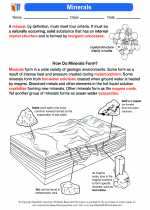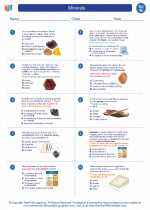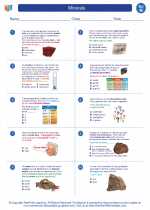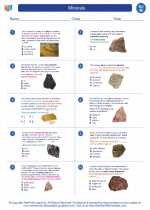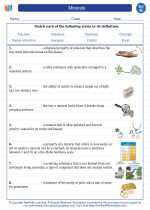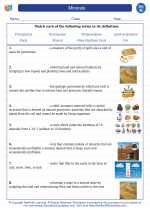Ordovician Period
The Ordovician Period is the second period of the Paleozoic Era, spanning approximately 485.4 to 443.8 million years ago. It follows the Cambrian Period and precedes the Silurian Period. The Ordovician is known for significant evolutionary events, including the diversification of marine life and the emergence of the first land plants.
Geology and Climate
During the Ordovician Period, Earth's continents were clustered together in a supercontinent called Gondwana. The climate was generally warm and the sea levels were high, leading to widespread shallow seas that allowed for the proliferation of marine life.
Biological Evolution
The Ordovician Period is often referred to as the "Age of Fish" due to the rapid diversification and expansion of fish species. Additionally, the period saw the emergence of early jawless fish and the first appearance of primitive land plants, marking a key transition in the colonization of land by plants.
Study Guide
- What is the duration of the Ordovician Period?
- Describe the climate during the Ordovician Period.
- What is significant about the marine life during the Ordovician Period?
- Why is the Ordovician Period known as the "Age of Fish"?
- What major evolutionary event occurred in the Ordovician Period regarding the colonization of land?


